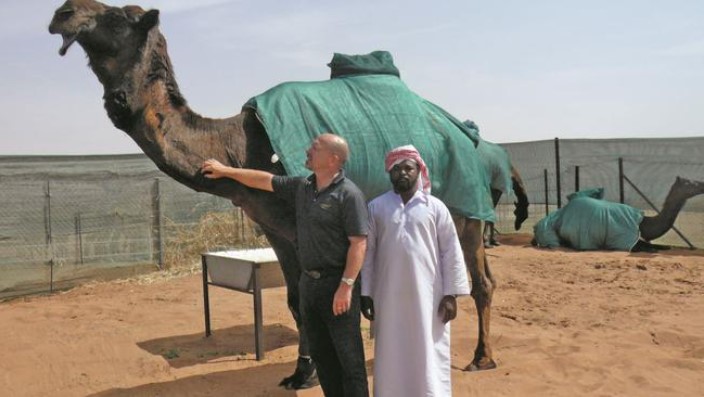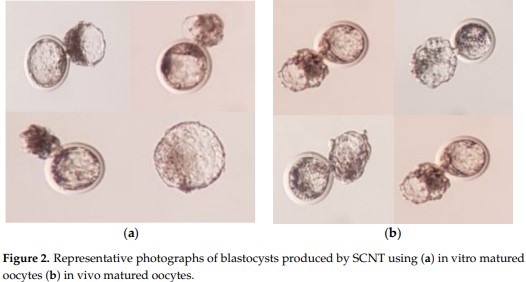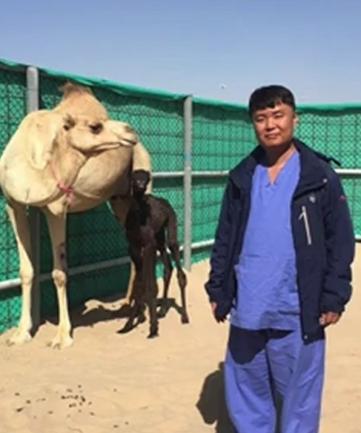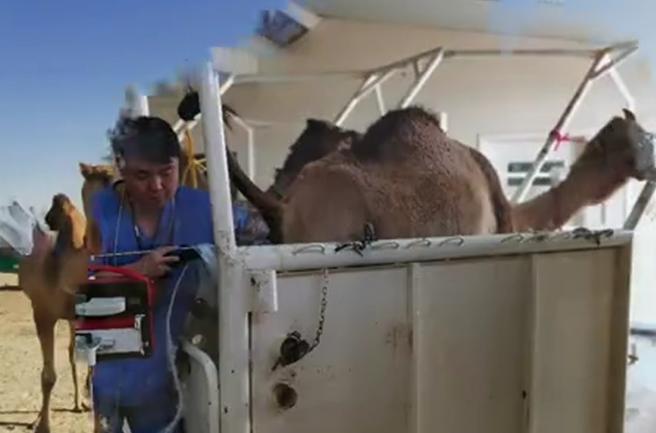In November 2021, in Abu Dhabi, the capital of the United Arab Emirates, Associate Professor Yu Xianfeng of our hospital, in cooperation with scientists from the Biotechnology Research Center of the United Arab Emirates, resurrected 11 Mabrokan clones of champion camels, which have survived for more than 100 days.
Camel Mabrokan is the most famous and precious camel in history. It has won many championships. Mabrokan weighs more than 1000 kilograms. In 2010, Mabrokan died accidentally. Since 2020, Associate Professor Yu Xianfeng has overcome the impact of the epidemic. Relying on international cooperation projects, Associate Professor Yu Xianfeng has been sent to the United Arab Emirates to work with scientists from the United Arab Emirates Biotechnology Research Center to try to restore viable cells from long-term frozen cells. After many failures, the fibroblast cell line was successfully established as a nuclear donor, and cloned embryos were cultured with live egg collection and somatic cell cloning technology. After embryo transfer, a total of 18 recipient camels were pregnant (5 embryos from in vitro mature oocytes and 13 embryos from in vivo mature oocytes), and 11 cloned camels were produced. Microsatellite analysis of 13 camel loci showed that all cloned offspring cells came from identical somatic donors.
In cloning, somatic nuclei are usually derived from living cell lines. In this study, viable cells were recovered from long-dead camel tissue, and cloned embryos were made from oocytes matured in vitro and in vivo by somatic nuclear transfer. Asexual reproduction has exactly the same gene tissue as the original individual. The results show that the tissues preserved for a long time can form fibroblast lines, and these cells can be used as nuclear donors to clone animals.




